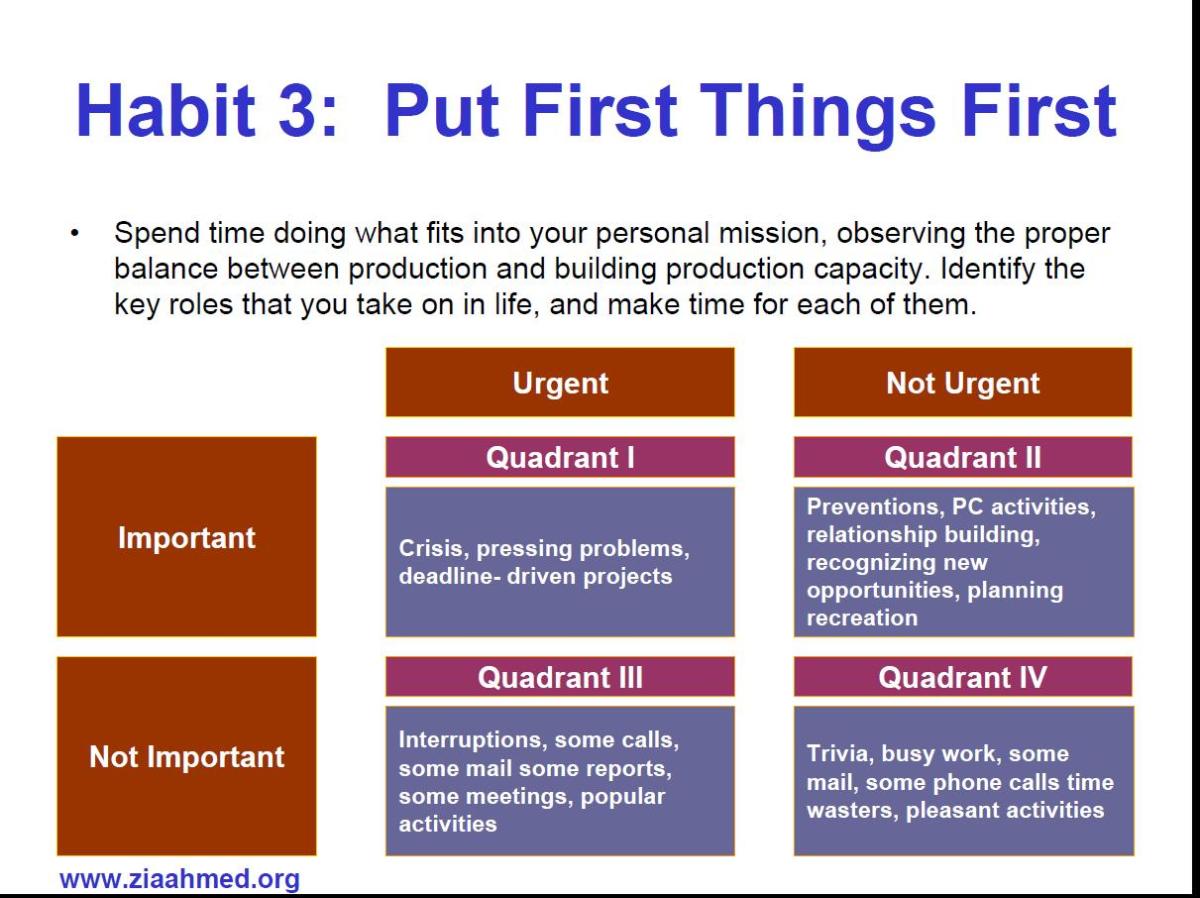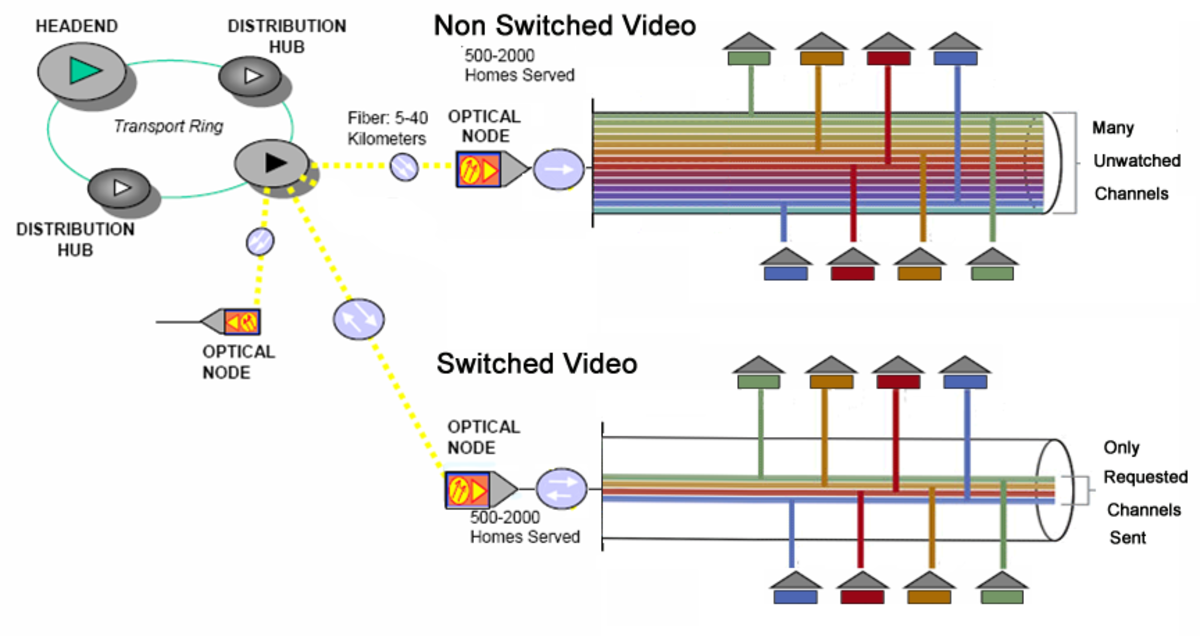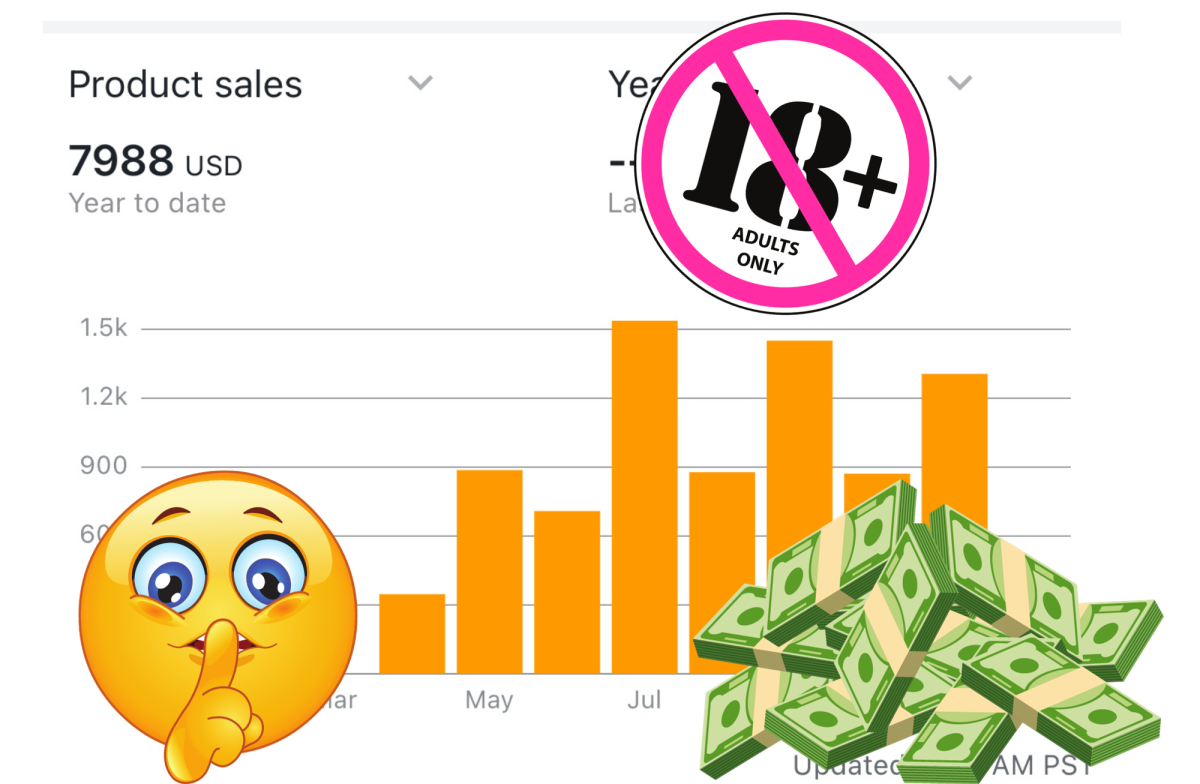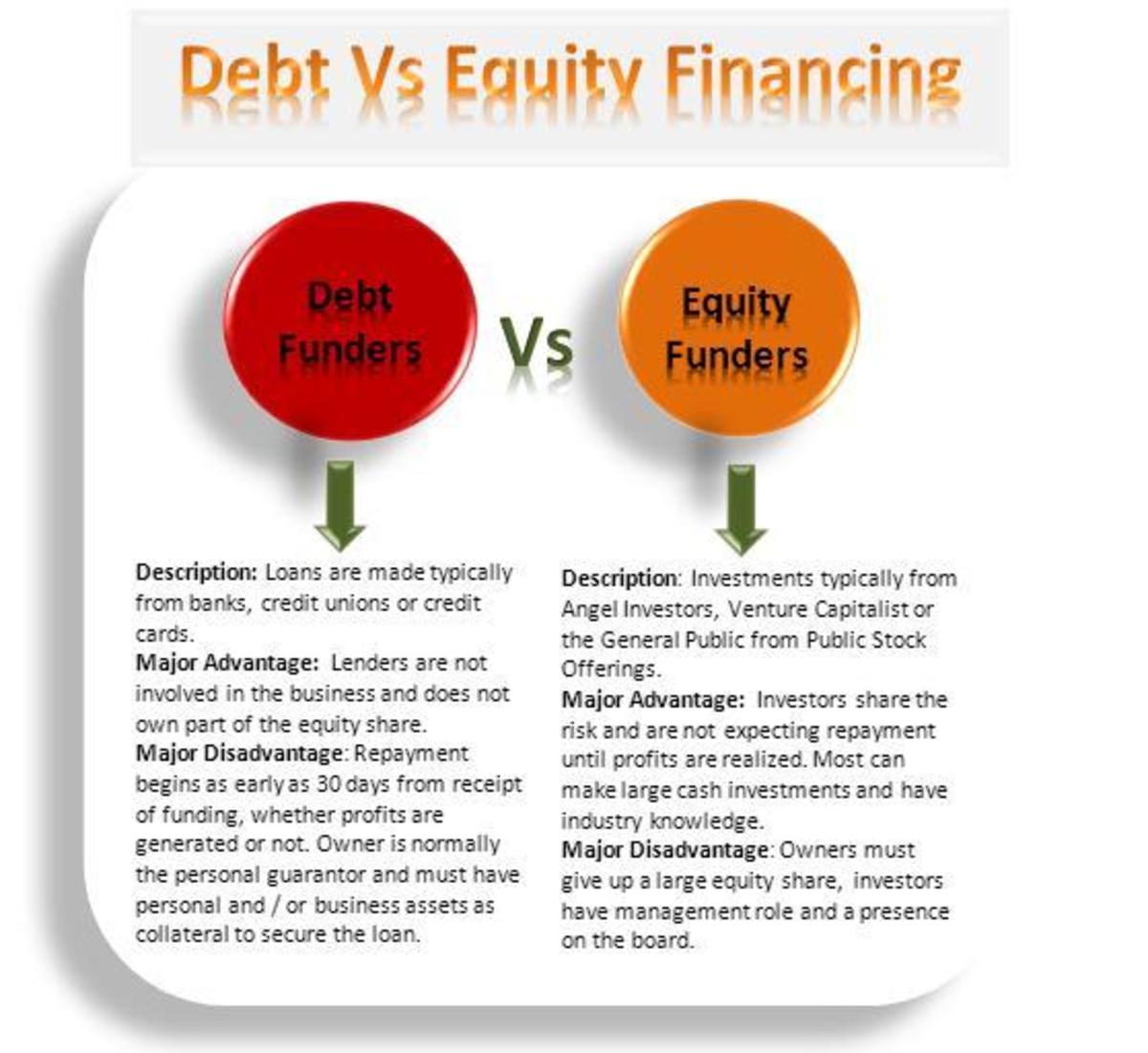Building KM Community of Practice

KM implementation through communities
Knowledge Management arrived on the radar of business organizations in 1980s. Modern day professionals are trained for speed and overkill when it comes to business opportunities and in turn a few dollars more for themselves. This was again the case when KM arrived like all new fads and management theories.
The World Wide Web fueled interest in KM and everyone who was associated with pursuing knowledge from school to the professional life had some fascination with KM though in varying degrees. Organizations went after KM at a great speed and made a cardinal mistake of thinking KM as something to do with IT and its manifestations. The result was a huge investment in creating so called knowledge in Organizational Systems as something close to knowledge for management. Chief Knowledge Officers were quickly put in place.
The great folly was realized within a short period of time when organizations realized that their employees were indifferent to the so called knowledge management. So KM had an implicit element, the people themselves. But how to address the most challenging factor for managing knowledge?
In the meanwhile researches at places like International Learning Organizations established or rather reaffirmed that learning is a social process. Wenger et all came to a path breaking concept of Community of Practice being the vehicle of KM in the organizations. This discovery was aided by practices of some groups of people at companies like Xerox where they used to share their experiences of the day over a cup of coffee.
KM implementation was greatly facilitated by CoP. CoP was essentially leveraging an already informal and loosely tied communities in organizations around their common profession, language, passion like Mechanical, electrical, IT and other processes.
There is abundance of literature on building communities of practice which includes a soft structure, events, sharing, learning and building the informal elements of relationship among the identified communities.
Cultivating communities as put by Wenger is similar to cultivating a relationship. So if we keep the stages of relationship building in mind then we can go ahead with building part of communities. Interestingly any relationship can be managed by some very simple steps as given below:
1. Meeting - Meeting is important, not around work or a common activity like watching TV together
2. Sitting together
3. Interaction and sharing the moments together on issues of common interst
4 Joint decisions
5 Joint implementation
6. Celebrating success
These steps can be tried on communities, family members and friends. In case of communities a detailed preparation is needed to undertake all the steps as mentioned above as it requires extensive preparation and a great deal of passion among the drivers of the community.







